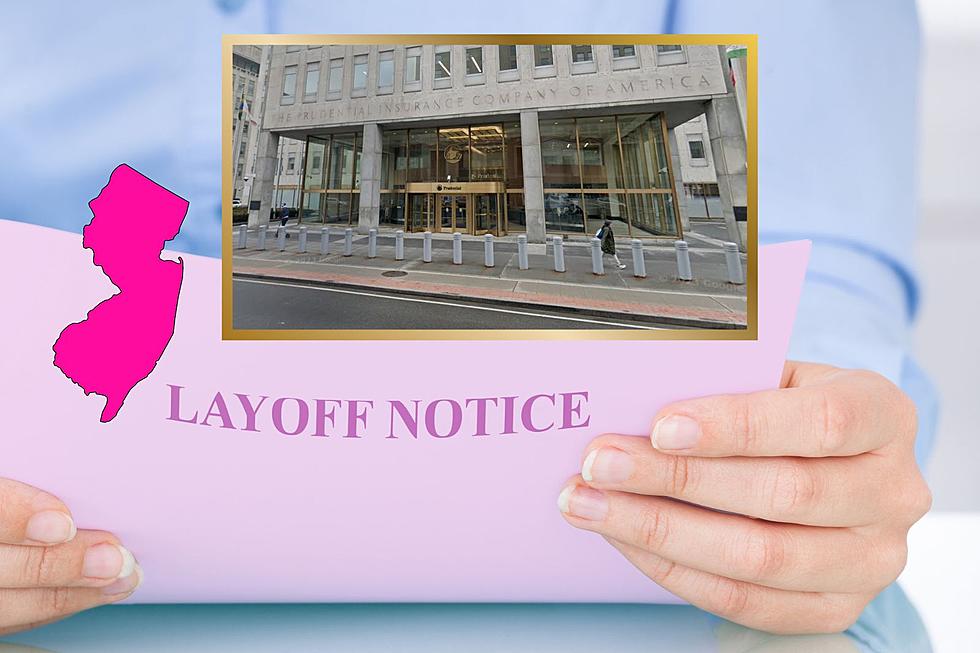
Trump tariffs trickle down to NJ manufacturers — in a bad way
The decision by President Trump to impose tariffs on some countries that make steel and aluminum has already started to negatively affect dozens of Garden State companies that rely on steel and aluminum for the products they produce.
John Kennedy, the CEO of the New Jersey Manufacturing Extension Program, says some firms are paying significantly more already depending on the type of aluminum and steel they work with.
Thomas Prusa, a Rutgers University economist who specializes in international trade policy, said Jersey manufacturers have different deals worked out when buying steel and aluminum, and some of them don’t have long term contracts.
“So if you are in what we call spot market you’re already experiencing price increases," he said.
At the same time he pointed out there’s another set of firms “who often have contracts of varying lengths. But one year would be a typical length of a contract: Those people are quite likely locked into prices."
But after that, all bets are off.
“There are some buyers not experiencing higher prices yet; they will. "By the end of the year I think all buyers will experience higher prices.”
The professor said in some cases the price increases that have been instituted already exceed the tariffs.
He noted in 2002, right after President George W. Bush imposed what was called the Steel Safeguard Tariff, prices spiked similar to what we’re seeing now.
He said some buyers are in a bit of a panic right now.
“They’re so concerned about securing supply they’re willing to pay even a greater premium, and so that leads to some excessive price increases."
Kennedy said at this point it remains unclear how many companies in New Jersey will be affected.
“We’re trying to do some research and get some feedback through the meetings that we have with manufacturers. Right now I know of about 37 companies that have responded to us that they’re affected negatively in some way.”
He said his organization is helping some companies trying to get an exemption to the tariffs, but "it’s still going to take 90 days to get an answer and that answer may not be yes."
He said when companies can’t afford higher prices for steel and aluminum, it’s not a good outcome.
“Workers get laid off, the prices go up — you know, companies might move,” said Kennedy.
Also on New Jersey 101.5:
You can contact reporter David Matthau at David.Matthau@townsquaremedia.com
More From New Jersey 101.5 FM









